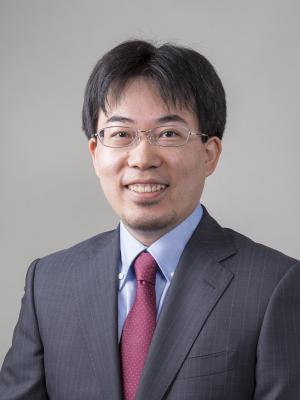Why are there more women in the Upper House?
In countries with directly elected bicameral legislatures that do not have a quota system, there is often a large disparity in the percentage of women’s representation between the two chambers. Japan is no exception. The ratio of women members of the upper house has consistently exceeded that of the lower hose for decades. The differences in electoral systems do not fully explain the disparity. This seminar will explore the mechanisms behind this disparity through two survey experiments from the perspectives of both voters (demand side) and candidates (supply side).
The findings indicate that voters become more supportive of women candidates in upper house elections when they are informed that the upper house plays a subordinate role in decision-making. Moreover, women are found to be more willing to run for office when they are informed about the job security that accompanies an upper house position, whereas men are less willing to run when they are informed about the limited power of the upper house to appoint the prime minister. These results suggest that the institutional priming conditions people’s attitudes toward women candidates and their willingness to run for office, resulting in a large disparity in the percentage of women representatives between the two chambers.
The ANU Japan Institute Seminar Series showcases cutting-edge research by leading and emerging scholars based primarily in Australia and Japan. It aims to promote networking among Japan Studies scholars in the two countries and will feature innovative research on the bilateral relationship.
The virtual seminar series will run in 10-week blocks over the two semesters of the academic year (from 2021 to 2023), and will subsequently be made available online for public viewing. Join our mailing list to receive updates and reminders ahead of each seminar.
The virtual seminars will take place from:
- 5-6PM Australian Eastern Standard Time (AEST)
- 4-5PM Japan Standard Time (JST)
- 3-4PM Singapore Standard Time (STST)
After 1 October, with Australian Eastern Daylight Time
- 5-6PM Australian Eastern Daylight Time (AEDT)
- 3-4PM Japan Standard Time (JST)
- 2-3PM Singapore Standard Time (STST)
Event Speakers

Professor Yoshikuni Ono
Yoshikuni Ono is a professor of Political Science at Waseda University, a faculty fellow at the Research Institute of Economy, Trade and Industry, and a research director at the Tokyo Foundation for Policy Research. He completed his Ph.D. in political science at the University of Michigan.

